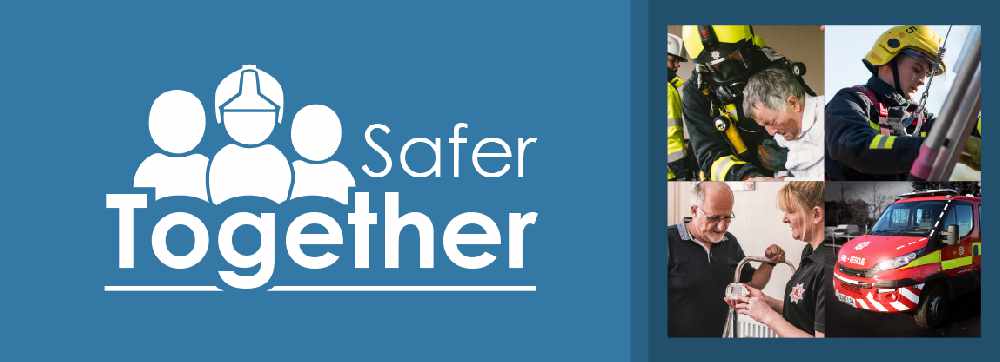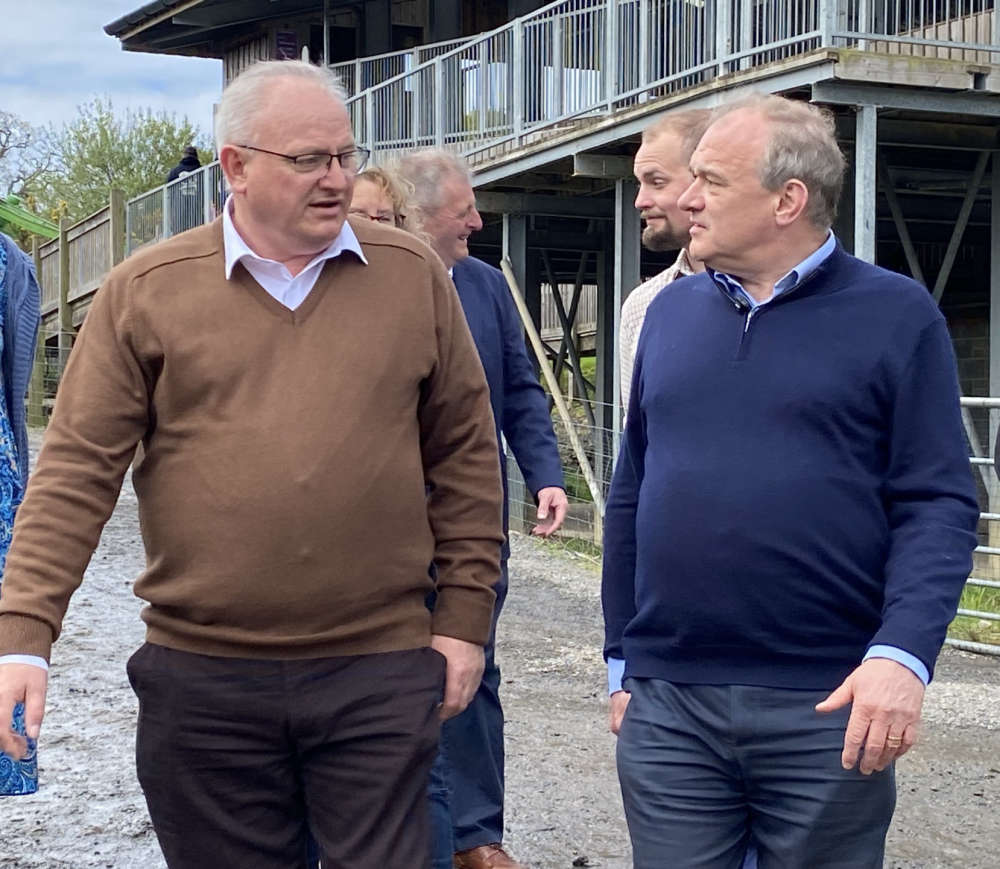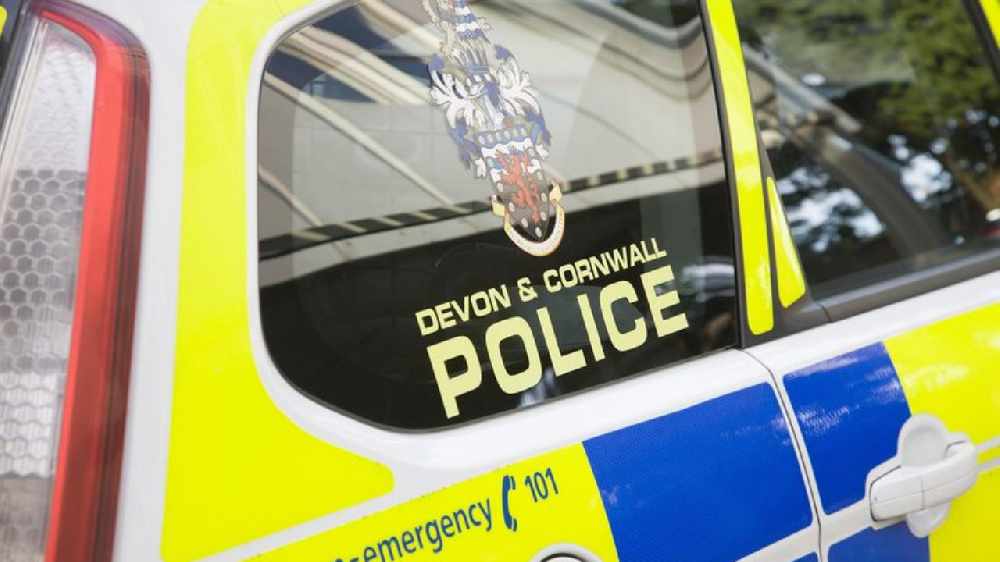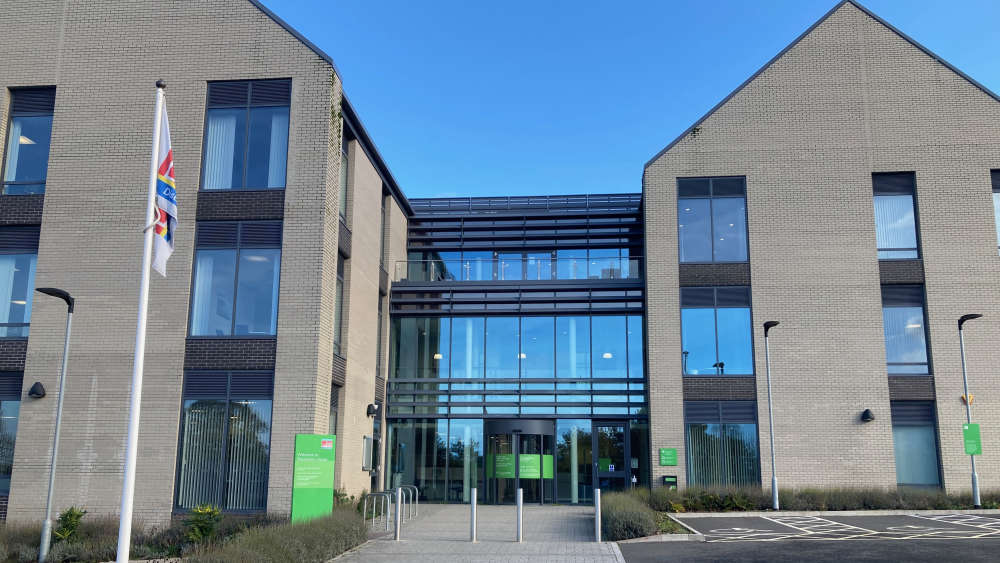
They want a "closed door" meeting instead
The Devon and Somerset Fire & Rescue Service is currently consulting on a range of proposals that could see eight rural fire stations close, with the mothballing a number of engines and converting fully-manned stations into part-time operations also outlined.
The cuts would save millions of pounds, but fire chiefs have said that the proposals were not about saving money and that they would be looking to maximise their resources regardless of the financial constraints.
Devon County Council’s corporate infrastructure and regulatory services scrutiny committee decided on June 26th to place the station closures on the agenda for its meeting on September 26th, and to invite the Fire Service to attend and present their case.
But the fire & rescue service has declined the invitation, and instead will attend a ‘behind closed doors’ meeting earlier in the month.
Cllr Martin Shaw, county councillor for Seaton and Colyton, representing the town of Colyton where one of the threatened stations is located, said he was outraged by the refusal of the fire authority to face public scrutiny of its proposals and answer the objections of local communities and their elected representatives.
But a spokesman for the Devon and Somerset Fire & Rescue Service said that they declined the invitation as the meeting is set to take place after the consultation had finished.
They said: “We declined on the basis that it would then be too late for attending councillors to support their constituents, as the consultation would be closed. We received a request to attend the corporate infrastructure and regulatory services scrutiny committee meeting but the invitation was after the end of the consultation. They have since organised a further meeting and we have confirmed attendance.”
The corporate infrastructure and regulatory services scrutiny committee meetings will take place on Thursday, September 26, but the consultation closes on Sunday, September 22.
A ‘masterclass’ on the proposals for county councillors will take place on Wednesday, September 4, but the meeting will be in private and not open to members of the public.
Cllr Shaw has instead asked Cllr Alistair Dewhirst, chair of the committee, to invite other interested parties, such as the representatives of the threatened Devon fire stations and the Fire Brigades Union, to present to the committee instead, and for officers to prepare a report to the committee on the proposals.
He added: “The scrutiny committee’s discussion of the proposals is the only opportunity which elected representatives will have to scrutinise them before the fire authority’s final decision, as the authority’s own meetings offer members of the public, including councillors, only the possibility to ask questions or present petitions, not to give their views directly.”
Following the closure of the consultation, the fire authority will examine the responses before making its recommendations as to which option, if any, they would implement.
The recommendation would first go before the community safety and corporate planning committee on Tuesday, November 5. They would then make a recommendation to the full fire authority who meet on Friday, November 8, who would decide which of the seven options, if any, they will back.
Implementation of any changes agreed will commence in 2020.
The proposals could see the closure of Appledore, Ashburton, Budleigh Salterton, Colyton, Kingston, Porlock, Topsham and Woolacombe stations – described by the fire service as ‘low risk, low activity stations, which are in close proximity to other fire stations’.
At a number of other stations, fire engines would be taken out of service, and stations could become on-call at night only, while six day-crewed roving fire engines could be introduced.
Explaining the rationale, Chief Fire Officer Lee Howell said the service had taken the view that the proposals to close low risk and low activity stations that attend very few numbers of incidents will mean their resources can be freed up better for prevention and protection.
He added: “I recognise these are controversial proposals and will create concern but we are trying to use the resources we have to improve public safety. We are investing in protection and prevention and are freeing up resources to make our on-call services more resilient. Money is a factor but this isn’t just about money – it is about more than that.
“We are proposing to close a number of low risk, low activity stations, which are in close proximity to other fire stations. We have taken the view that these proposals to close low risk and low activity stations that attend very few numbers of incidents will mean our resources can be freed up better for prevention and protection.
“We all know that the main way to save lives is to prevent fires from happening in the first place. As a service, we have made great progress but we feel we can and should be doing more to make people and buildings safer. At the same time, we need to improve our ability to respond to emergencies and ensure we better match our resources to our risks. These proposals aim to do just that.”
Assistant chief fire officer Pete Bond added: “On the places where we are proposing to remove the fire station – if they didn’t have an engine or a station at the moment then no-one would not be talking about introducing an engine there.”
But the proposals have proven controversial with nearly 6,000 people having backed a petition launched by the Fire Brigades Union, and local councillors and the region’s MPs have also spoken out strongly against the proposals.
Implementation of any changes agreed will commence in 2020.
 Man sentenced after killing estranged wife
Man sentenced after killing estranged wife
 Five to fight it out in North Devon by-election
Five to fight it out in North Devon by-election
 Lib Dem leader calls for upgrades to North Devon hospital
Lib Dem leader calls for upgrades to North Devon hospital
 Man arrested after threatening messages sent to Exeter schools
Man arrested after threatening messages sent to Exeter schools
 Postal vote requests jump nearly 20% in East Devon
Postal vote requests jump nearly 20% in East Devon
